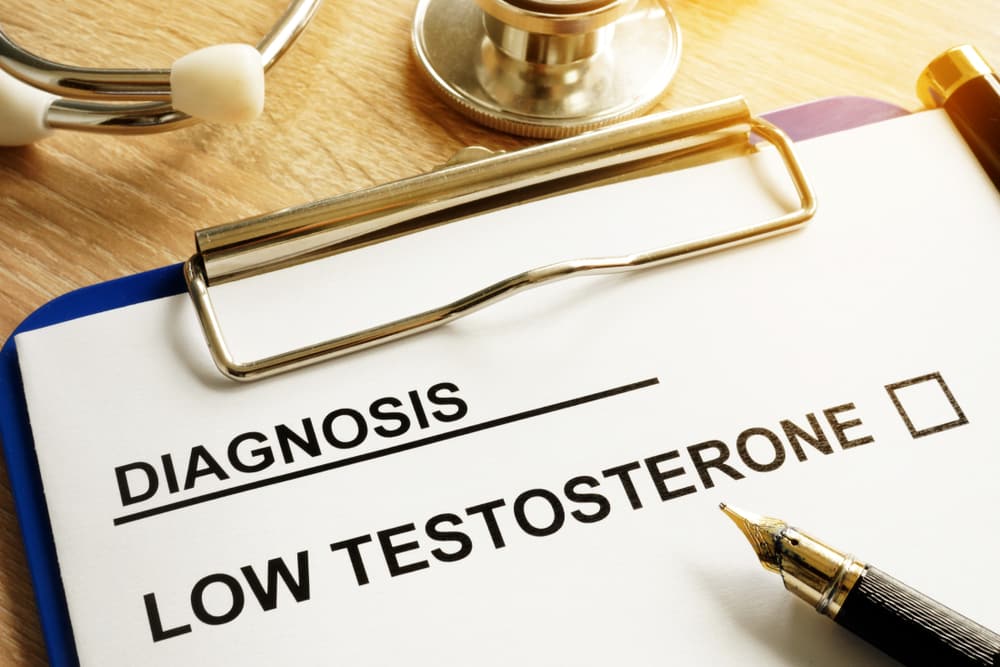Hormonal Harmony: Navigating Hormones, Sexual Health, and Well-being

Hormones are the body’s chemical messengers and are integral to regulating vital processes. Produced by glands in the endocrine system, they travel through the bloodstream, orchestrating activities like growth, metabolism, mood, immune function, and sexual health. Here’s what you need to know about your hormones and their impact on your sexual health and well-being.
Hormones and Mood: The Emotional Connection
The relationship between hormones and emotional health is complex but immensely important. Hormones like estrogen and testosterone directly impact neurotransmitters in the brain, influencing mood and emotions.
For instance, estrogen increases serotonin production, a key neurotransmitter associated with feelings of well-being and happiness. Fluctuations in estrogen, common during menstrual cycles or menopause, can lead to varied serotonin levels, resulting in mood swings or emotional distress. Similarly, testosterone, linked to libido and sometimes aggression, also plays a role in mood regulation. Low levels of testosterone in men and women can contribute to depression and irritability.
It’s important to recognize that while hormones significantly influence mood, they interact with various factors, including lifestyle, stress, genetics, and environmental influences. This complex interplay underscores the importance of considering hormonal balance as part of overall emotional health and well-being.
Sexual Health and Hormones: A Vital Link
Hormones are fundamental to sexual function and reproductive health, with estrogen and testosterone being particularly influential. Estrogen, pivotal in female reproductive health, regulates processes such as menstruation and ovulation, and it plays a crucial role during pregnancy.
In contrast, testosterone, often regarded as the male hormone, is vital in both men and women. In men, it drives sperm production and influences sexual desire and erectile function. It’s also essential for maintaining muscle mass and bone density.
Hormonal imbalances can lead to various sexual health issues. In women, low levels of estrogen can result in decreased libido, vaginal dryness, and difficulties in achieving orgasm, while high levels may cause symptoms like heavy or irregular periods. For men, reduced testosterone levels can lead to erectile dysfunction, diminished libido, and reduced sperm count, affecting fertility. Both men and women can experience psychological effects from these imbalances, such as decreased self-esteem and increased stress, further impacting sexual health and relationship dynamics.
Nutrition and Hormonal Health: Eating for Balance
Diet is critical in maintaining hormonal balance, directly influencing how hormones are produced, function, and metabolized. Nutrients like omega-3 fatty acids are essential for the healthy functioning of the endocrine system. They contribute to the structural integrity of cell membranes, including those of hormone-producing glands, and can help regulate hormone production. Omega-3s are also known for their anti-inflammatory properties, which can be beneficial in conditions like PCOS, where inflammation plays a role.
Conversely, a diet high in processed foods and excessive sugars can harm hormonal health. Such foods can lead to insulin resistance, a condition where the body’s cells become less responsive to insulin, a hormone crucial for regulating blood sugar levels. Insulin resistance can disrupt the balance of other hormones, including sex hormones, and is a risk factor for conditions like type 2 diabetes and metabolic syndrome.
Myth Busting: Separating Fact from Fiction in Hormonal Health
There are numerous misconceptions surrounding hormones and their impact on health, two of which are particularly widespread. The first myth is the belief that hormonal imbalances are the sole cause of mood swings. While it’s true that hormone fluctuations can affect mood, they are not the only factor. A range of factors, including stress, diet, sleep patterns, and overall health, can influence mood swings. Hormones do play a significant role, especially in conditions like PMS or menopause, but they operate within a broader context of physical and psychological health.
The second common myth is that hormonal fluctuations are exclusive to women. This is far from the truth. Men also experience hormonal changes, albeit differently. Testosterone levels in men, for example, can fluctuate due to various factors such as age, health, and lifestyle. These fluctuations can impact mood, energy levels, libido, and overall well-being. The misconception that hormones are a female-only concern overlooks the importance of hormonal health in men and can lead to underdiagnosing or ignoring hormonal issues in the male population.
Dispelling these myths is crucial for a comprehensive understanding of hormones and their impact on health. Hormones are a key component of the body’s regulatory system for both men and women, and their influence extends far beyond the commonly held misconceptions. Recognizing the complexity of hormonal health is essential for managing well-being effectively.
Embracing Hormonal Health
Understanding hormonal health is critical to improving life quality, sexual health, and emotional balance. Knowledge about hormones empowers people to make informed decisions for maintaining hormonal harmony, contributing to a happier, healthier life.
Articles on this site are for general education and do not substitute for professional medical advice. Consult our providers for personalized recommendations.





